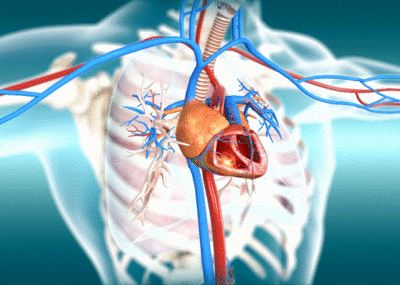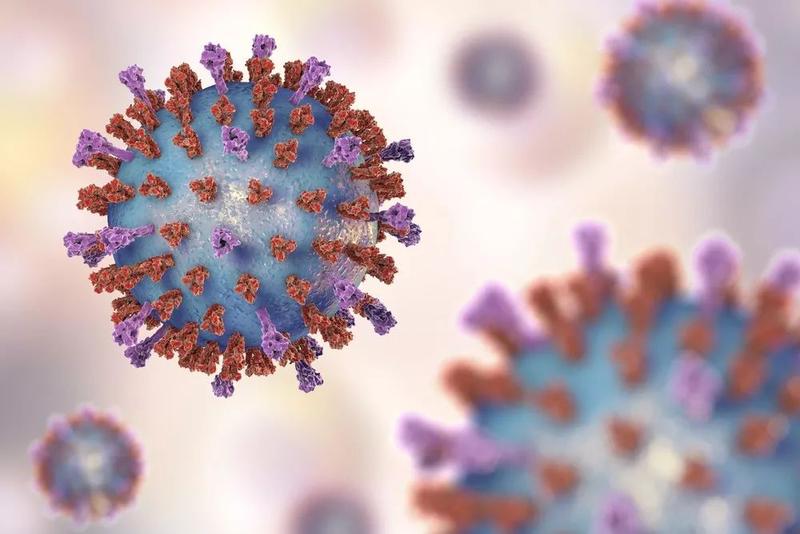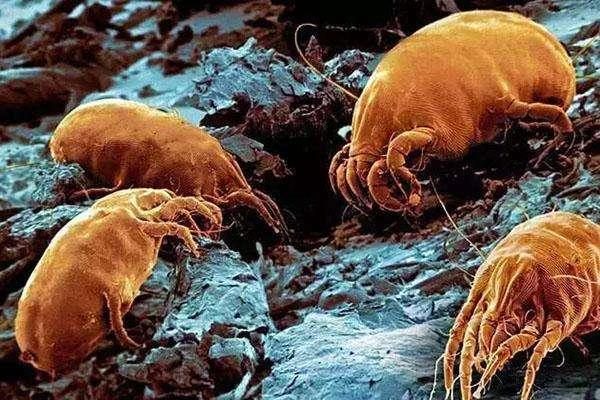Big bump on your tummy? Watch out for hernias!
Hernia is a common disease, also known as "small intestine gas" or "bulging bag". It is like a soft lump on the tummy that disappears from time to time but appears periodically. Just like a cotton pillow that has a hole in it and cotton comes out of the hole, a hernia can be seen as a small organ or tissue in the tummy that has moved through some weak point or hole to another part of the body. This condition is medically known as an extra-abdominal hernia, and the most common type is an inguinal hernia. Both men and women, young and old, can suffer from this condition. If you notice a similar condition in your stomach, you should seek professional diagnosis and treatment advice as soon as possible to avoid worsening the condition.
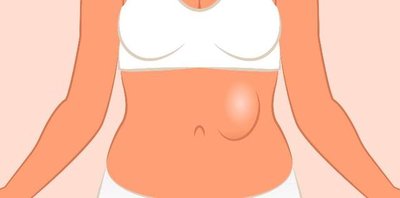
The main groups of people favoured by hernia are:
1. the elderly: it is like the body is ageing, the muscles and tissues of the abdomen deteriorate more seriously, resulting in a weak abdominal wall, which is prone to rupture just like an ageing tyre.
2. children: children's abdominal development is still incomplete, coupled with frequent crying, coughing and so on, leading to increased abdominal pressure, so especially prone to hernia.
3. pregnant mothers: the baby in the stomach will gradually grow, the uterus continues to expand, abdominal pressure increases, and the abdominal muscles are weak pregnant women are prone to hernia.
4. People with other causes: People with chronic constipation, people with severe coughs, and people with enlarged prostate glands are also susceptible to hernias because of the increased pressure in the abdominal cavity.
5. People with a family history of the disease: if someone in the family has had a hernia, then they may also be more prone to getting a hernia, and this group of people should pay special attention to avoiding factors that increase abdominal pressure. If you find yourself belonging to one of these high-risk groups, once you find abnormal symptoms in the abdomen, you should rush to the hospital Oh, prevention and treatment of hernia before it is too late!
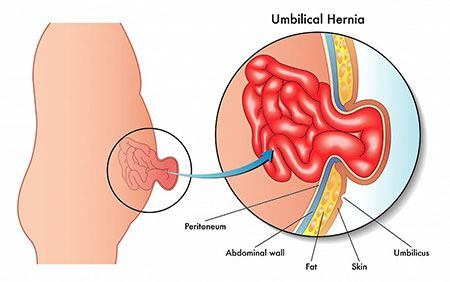
A hernia is like a growing tumour and as it develops, it can have an impact on daily life. Some sufferers will experience stomach discomfort, like bloating, abdominal pain, indigestion, constipation and other problems. In the worst cases, the hernia can act like a voracious beast, lodging the intestines inside the body, and leading to necrosis and even life-threatening conditions. It is like the sudden appearance of a gradually growing lump in a field of wheat, which will crush the wheat or even devour it, making it impossible for the field to grow new wheat.
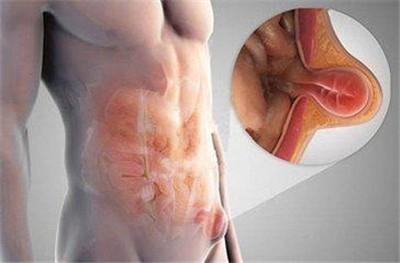
Treating a hernia is like repairing a tyre with a hole in it. First, it is important to recognise that the hole is the source of the hernia and that steps must be taken to close it. Non-surgical treatments, such as using a hernia belt, are like temporarily plugging the hole with your finger, which provides temporary relief but doesn't solve the problem. Surgery, on the other hand, involves the use of delicate stitches and patch placement to completely repair the hole so that it no longer leaks. This is like putting a strong patch on a tyre to ensure that it can once again withstand the pressure and drive safely. Therefore, the key to treating a hernia is to find a solution that solves the problem, and surgery is the best option for hernia treatment.
In summary, although hernias may have an impact on life, hernia healing is possible through surgical treatment, i.e., complete repair of the hole through delicate suturing and patch placement. The tyre repair in the parable also aptly symbolises the healing of a hernia by getting to the root of the problem. Therefore, when hernia symptoms are detected, it is crucial to seek medical attention and choose the appropriate treatment as soon as possible to avoid suffering from a large hole if a small one is not mended.
(Writer:Lany)
